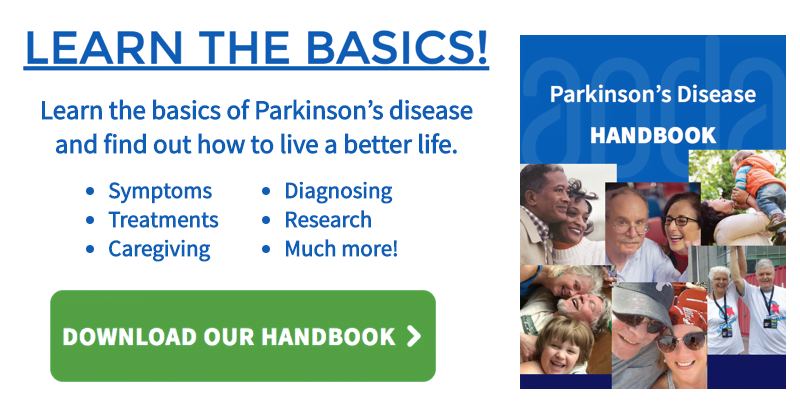Understanding Facial Masking and its Communication Hurdles
Professor Linda Tickle-Degnen and her graduate student researchers are exploring the communication hurdles faced by those with Parkinson’s disease and how they can be overcome.
The man in the video sits alone at the Tufts Health Quality of Life Lab speaking to an off-camera voice about, of all things, a wedding he recently attended. On the surface, there’s nothing unusual about the conversation, but as the tape goes on, a curious flatness in his voice and manner become apparent. Linda Tickle-Degnen, lab director and professor and chair of the School of Arts and Sciences occupational therapy department, lets the video run for a few minutes before she begins pointing things out. She starts with the man’s lower body, noting that he hasn’t moved or otherwise repositioned himself since the interview began. Next, she calls attention to his left hand, which has been trembling slightly. She ends with his face, but no explanation is necessary: he’s remained almost expressionless. To the untrained eye, the man appears disinterested, even bored.
But to Tickle-Degnen, it’s clear that the subject, a Parkinson’s patient, is exhibiting “facial masking,” a symptom in which facial muscles become immobilized and the patient has what can best be described as a blank expression. “The face is the primary way we communicate with other people,” says Tickle-Degnen, who has been researching nonverbal and verbal communication among people with Parkinson’s and other diseases for the past twenty years. “We tend to believe the actions of a person more than their words if we feel there is a discrepancy between the two. So, a person with Parkinson’s disease may be talking about their feelings and saying that they are really enjoying life but may not be believed.”
If the goal of occupational therapy is to provide “skills for the job of living,” then the work being done at the Tufts lab could be instrumental in helping those with Parkinson’s express themselves and be understood. Right now, the research is focused on improving communication in an area where many such patients have important relationships—the healthcare system. “Practitioner-patient interactions are social relationships,” says Tickle-Degnen. “If a neurologist, speech therapist, or occupational therapist gets the feeling that the person they’re working with is disinterested or depressed, then this relationship can be affected.”
Tickle-Degnen notes that practitioners sometimes “fail to talk to the person about their feelings because facial masking consistently causes a perception of depression, deception, hostility, and apathy in practitioners—even when they are experts.”
“If there was a way that we could train practitioners to better detect how positive or negative a person was feeling,” she adds. “We could help strengthen these relationships.”Parkinson’s symptoms include tremors, limb stiffness, and difficulty moving and maintaining balance. If you add the vocal challenges of Parkinson’s to the mix—some, like the man in Professor Tickle-Degnen’s video, may also have difficulty modulating the tone of their voices—it would seem as if the obstacles to effective communication with the outside world are insurmountable. But Tickle-Degnen would disagree, and she has about 500 reasons why.

